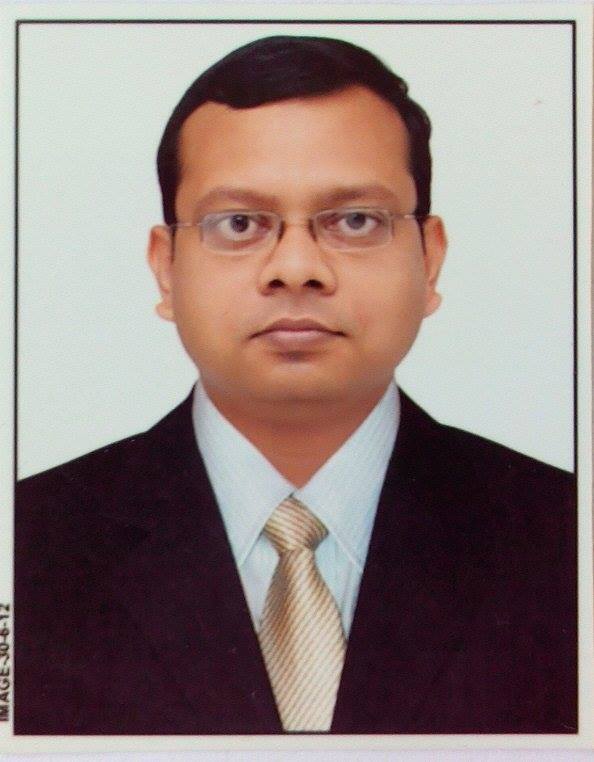By Abhay Kumar, young scientist (Biotechnology), from India
I was introduced to YPARD by Dr. Sridhar Gutam, senior colleague at the Indian Council of Agricultural Research (New Delhi), former YPARD India representative, in 2012, through his initiatives and activities for promotion of Open Access in Science and networking with the agricultural students and scientists of National Agricultural Research System, to build a strong network for YPARD India Chapter; and since then, I have been following eagerly the activities and updates on YPARD.
By Abhay Kumar, young scientist (Biotechnology), from India
I was introduced to YPARD by Dr. Sridhar Gutam, senior colleague at the Indian Council of Agricultural Research (New Delhi), former YPARD India representative, in 2012, through his initiatives and activities for promotion of Open Access in Science and networking with the agricultural students and scientists of National Agricultural Research System, to build a strong network for YPARD India Chapter; and since then, I have been following eagerly the activities and updates on YPARD.
I’m presently working at ICAR - Directorate of Groundnut Research, Junagadh. A biotechnology researcher by profession, Plant Sciences has always been close to my heart. Born in an agriculturist family in a dormitory town of Birnawan, in Nalanda, Bihar; I had been intricately linked with the highs and lows of a farming life. The desire to do something for the most neglected farmer community was inculcated to me since I was young, thus the desire to take up a degree in agriculture from Banaras Hindu University. I’m glad that I lived up to my parents expectations.
As a student of agriculture, I was awed by the power of social media and I was amazed at its power propagating the message loud, clear and very fast indeed. My earlier initiative was using blogging as a medium to encourage youth and young students to pursue a career in academics more specifically in agriculture. In the process, we founded HelpBiotech website, with the aim to motivate youth and young students to academics and higher studies particularly in research, mentoring and guiding young students towards a career in academics.
Pursuing a career in research unfortunately features low in preference; agriculture as career still ranks at the bottom. This raises pertinent questions, what’s the future of agriculture in India; who will raise crops to feed the burgeoning population; will agriculture be limited to an aging population?
As an early career scientist, I’m thrilled, I got a lot of opportunities to interact with and motivate youth towards agriculture. It’s my belief that engaging youth in agriculture is key to secure a nation’s future as well as its social and economic development. Lately in India, young people leaving agriculture has become a trend, as they do not see much future in farming and agrarian economy. Farming is not seen anymore as a career option.
This needs to change, right from the policy to the ground level. We have realized the youth needs to make use of every endeavour to make the change happens. After all, agriculture is the mother of all civilizations. When agriculture prospers, other culture follows. I’m glad that I found YPARD, which is in sync with my life’s aim. Involving youth as a stakeholder in policy decision making in agricultural policies will go a long way in securing the future of youth in agriculture. I wish agriculture as a career option will become a mainstream movement!

